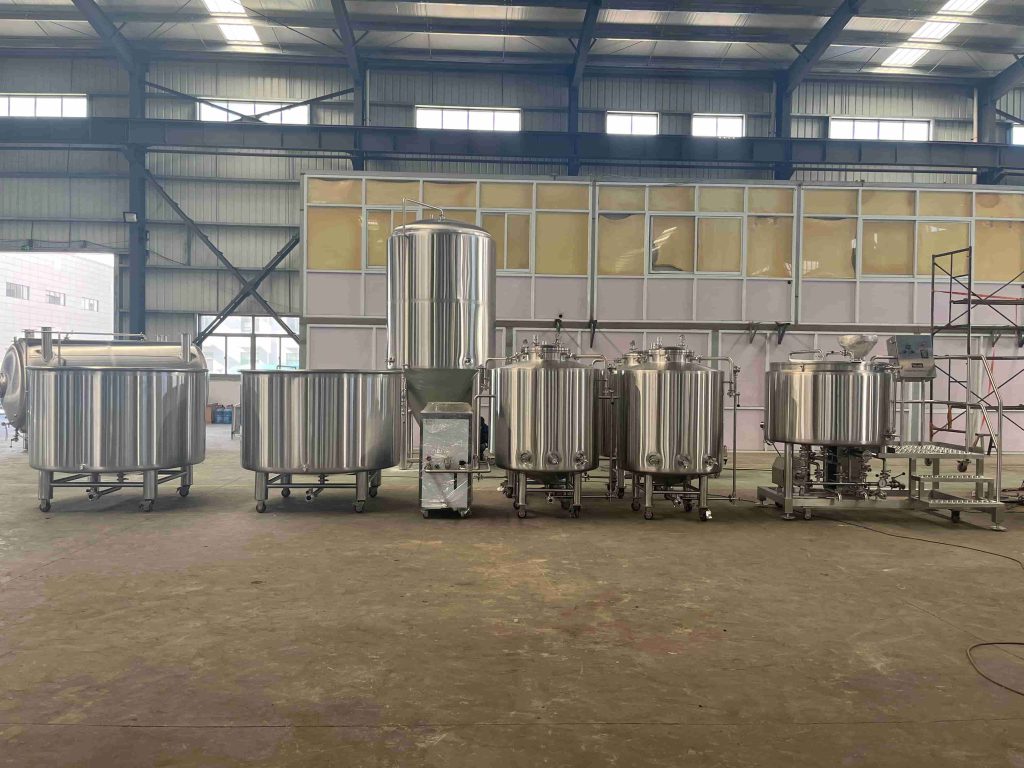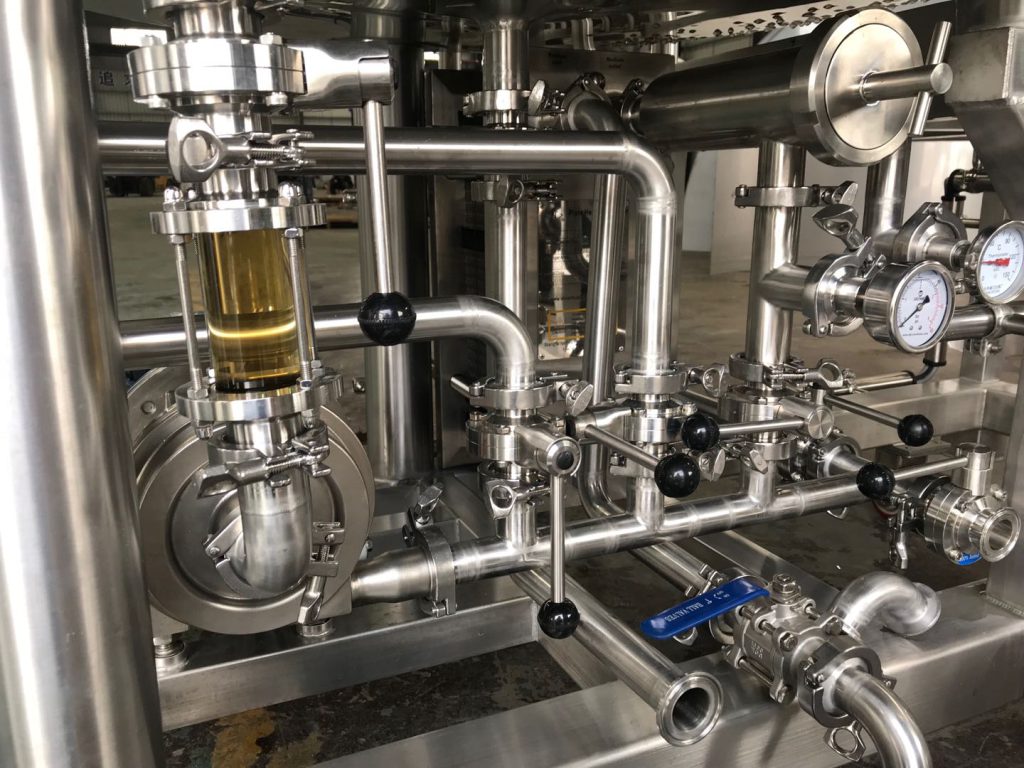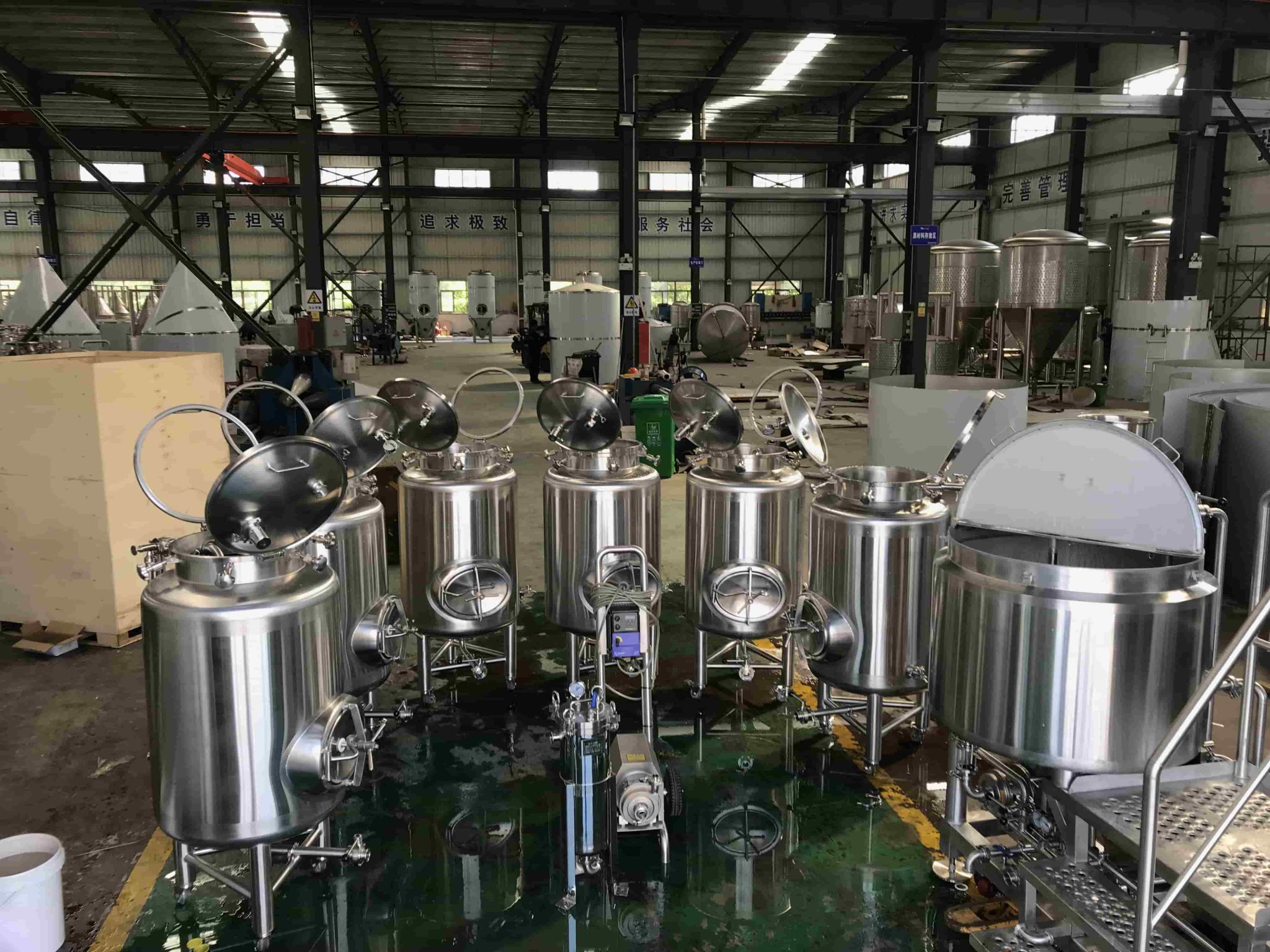Introduction

Kombucha, a fermented tea beverage, has gained popularity in recent years due to its potential health benefits and unique taste. Central to the production of kombucha is the kombucha fermenter, a vessel where the fermentation process occurs. In this blog post, we delve into the science behind kombucha fermenters, exploring their design, function, and impact on the quality of the final product.
Understanding Kombucha Fermentation
Kombucha fermentation is a symbiotic process involving bacteria and yeast cultures. The key components of a kombucha fermenter include:
- Tea: Provides the substrate for microbial growth and contributes to the flavor profile of kombucha.
- Sugar: Acts as food for the microbial cultures, undergoing fermentation to produce organic acids and carbon dioxide.
- SCOBY (Symbiotic Culture Of Bacteria and Yeast): The living culture responsible for fermenting the tea and sugar mixture.
Key Components of Kombucha Fermentation
| Component | Function |
|---|---|
| Tea | Provides substrate for microbial growth and flavor |
| Sugar | Serves as food for microbial cultures |
| SCOBY | Initiates and maintains fermentation process |
The Role of Kombucha Fermenters
Kombucha fermenters play a crucial role in controlling the fermentation process to ensure the production of high-quality kombucha. Key factors to consider in fermenter design include:
- Material: Fermenters are typically made from glass, ceramic, or food-grade plastic to prevent contamination and maintain stable temperatures. Glass offers inertness and easy observation, while ceramic provides insulation and aesthetics. Food-grade plastic is lightweight and affordable, suitable for various settings.
- Size: Fermenter size affects batch volume and fermentation kinetics. Larger fermenters accommodate more significant batches but require more monitoring and control. Smaller ones are manageable for homebrewers but produce less kombucha per batch.
- Aeration: Adequate oxygenation is crucial for SCOBY health and fermentation efficiency. Some fermenters have built-in aeration systems like airlocks or vents, facilitating gas exchange and maintaining an ideal fermentation environment.
Optimizing Fermentation Conditions
Optimal fermentation conditions are crucial for achieving desired kombucha quality and flavor. Factors to consider include:

Temperature: The ideal fermentation temperature typically ranges from 20°C to 30°C, with higher temperatures promoting faster fermentation but potentially altering flavor profiles.
pH Level: Monitoring pH throughout fermentation helps ensure acidity levels conducive to SCOBY health and inhibiting harmful microbial growth.
Duration: Fermentation times vary depending on factors such as temperature, SCOBY activity, and desired flavor intensity. Typically, fermentation lasts between 7 to 14 days.
Factors Influencing Kombucha Fermentation
| Factor | Optimal Range |
|---|---|
| Temperature | 20°C to 30°C |
| pH Level | 3.0 to 4.5 |
| Duration | 7 to 14 days |
Conclusion
Kombucha fermentation is a fascinating process influenced by various factors, with the kombucha fermenter playing a central role in shaping the final product. By understanding the science behind kombucha fermenters and optimizing fermentation conditions, brewers can produce high-quality kombucha with consistent flavor profiles and health benefits.
FAQ
Q:Can I use any container as a kombucha fermenter?
A:While it’s possible to ferment kombucha in various containers, it’s essential to use food-safe materials to prevent contamination and ensure the quality of the final product.
Q:How do I clean and maintain a kombucha fermenter?
A:Regular cleaning with hot water and mild soap, followed by rinsing with vinegar or a dilute bleach solution, helps prevent the buildup of harmful bacteria and molds. Avoid using harsh chemicals that may harm the SCOBY.
Q:What should I do if my kombucha tastes off or develops mold?
A:If your kombucha has an unusual taste or shows signs of mold growth, it’s best to discard the batch and sanitize the fermenter thoroughly before starting a new batch. Proper sanitation and fermentation conditions are crucial for producing safe and delicious kombucha.
In conclusion, kombucha fermentation is a science that combines microbiology, chemistry, and culinary artistry. With the right knowledge and equipment, anyone can embark on the journey of brewing their own delicious and nutritious kombucha at home. Cheers to healthy fermentation!

